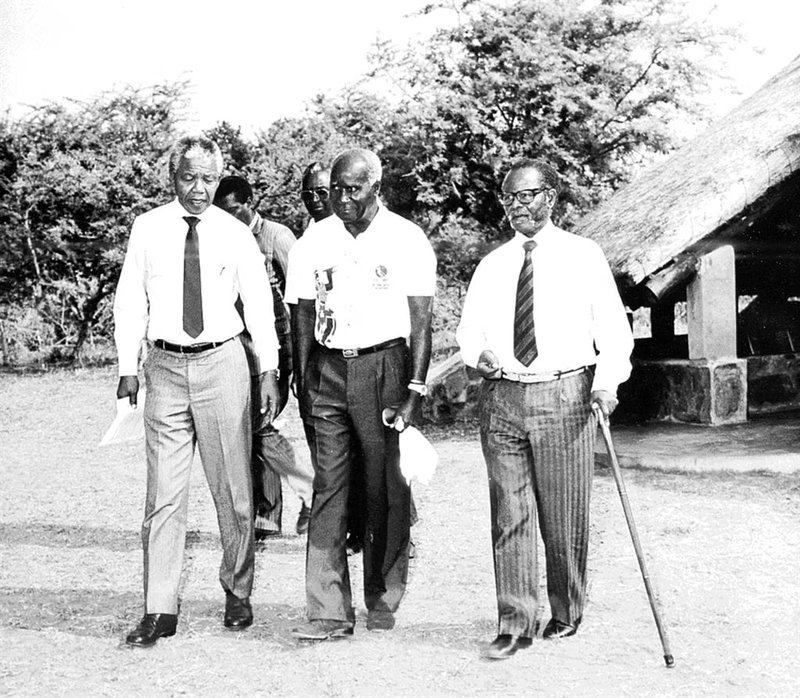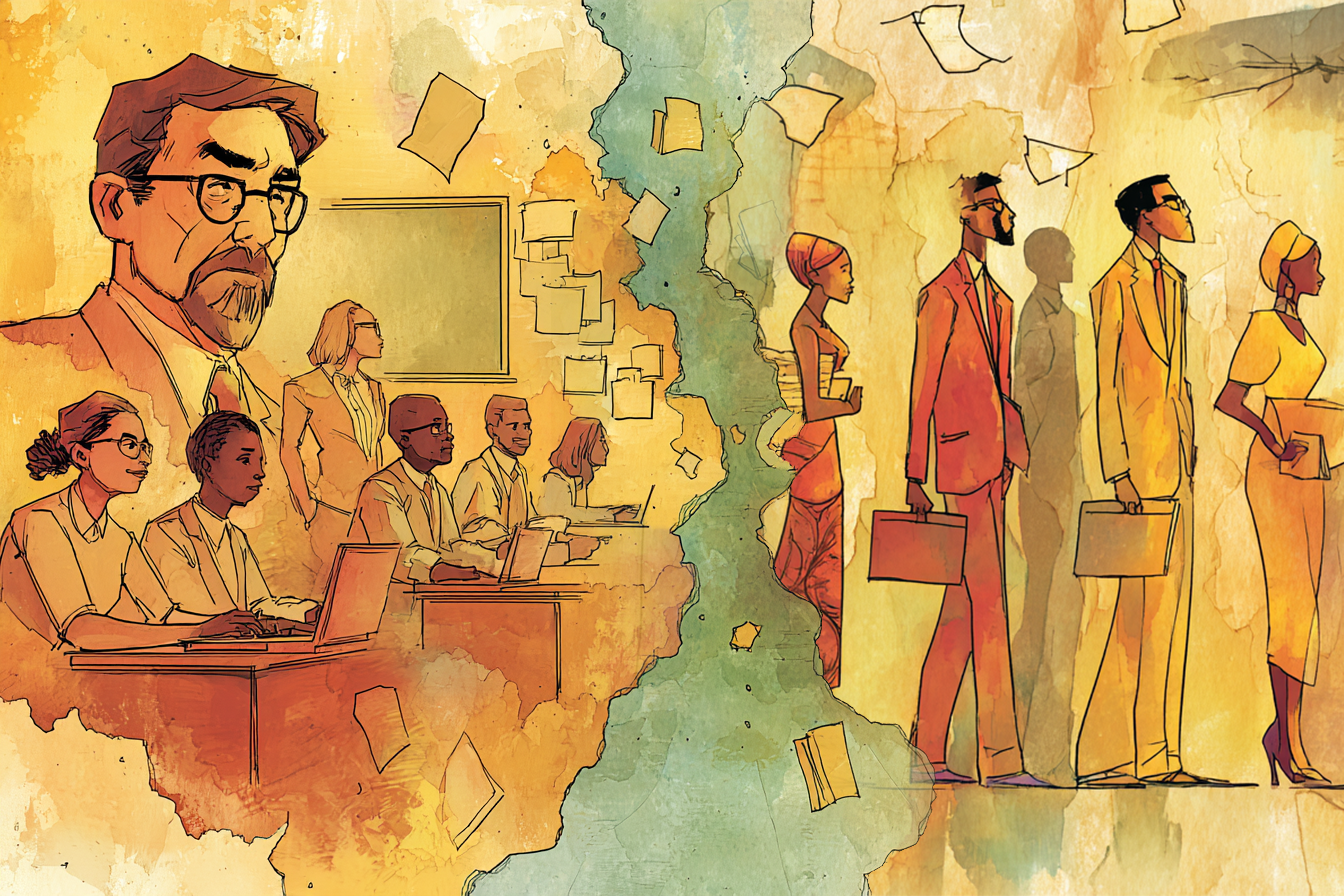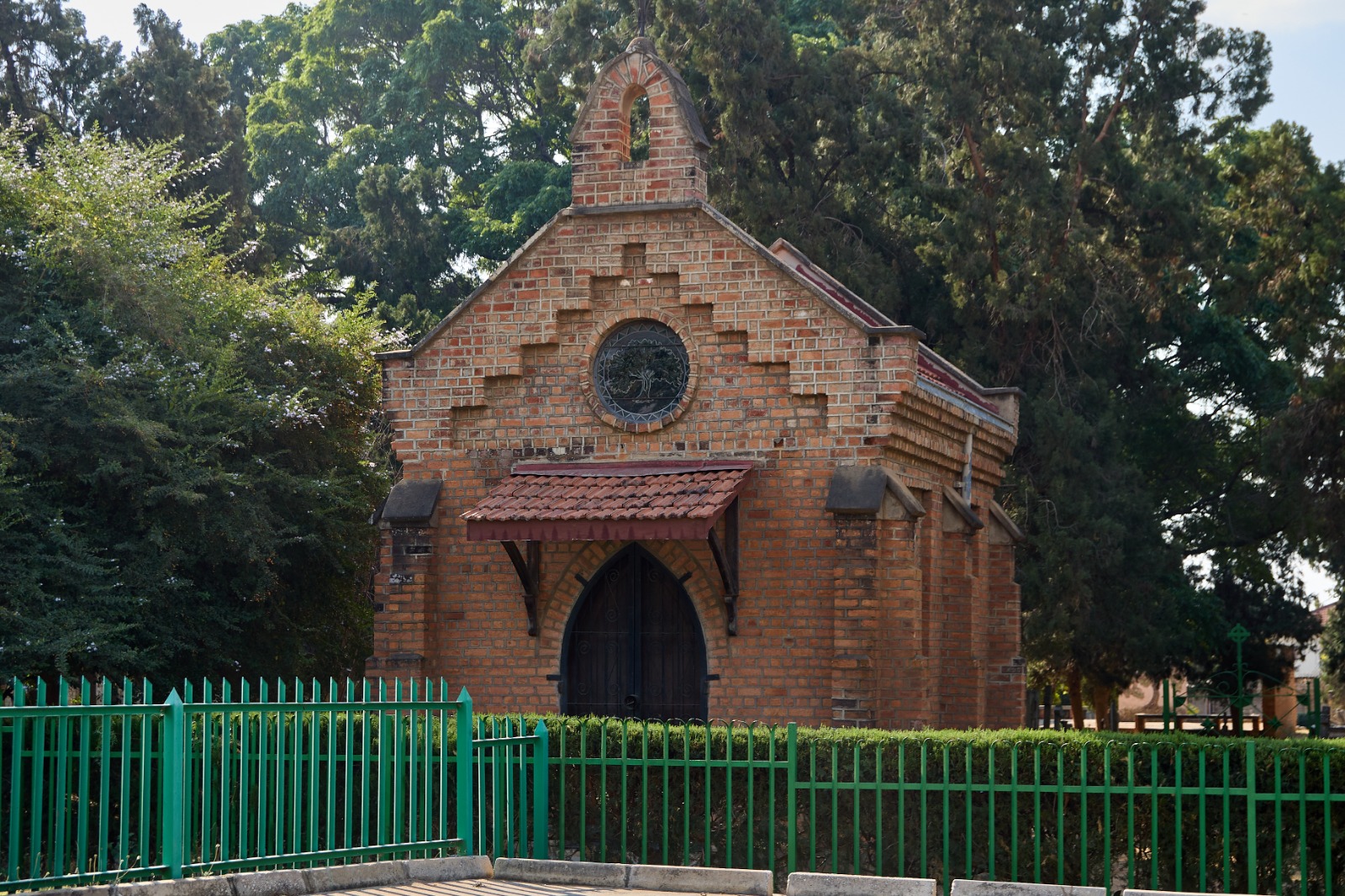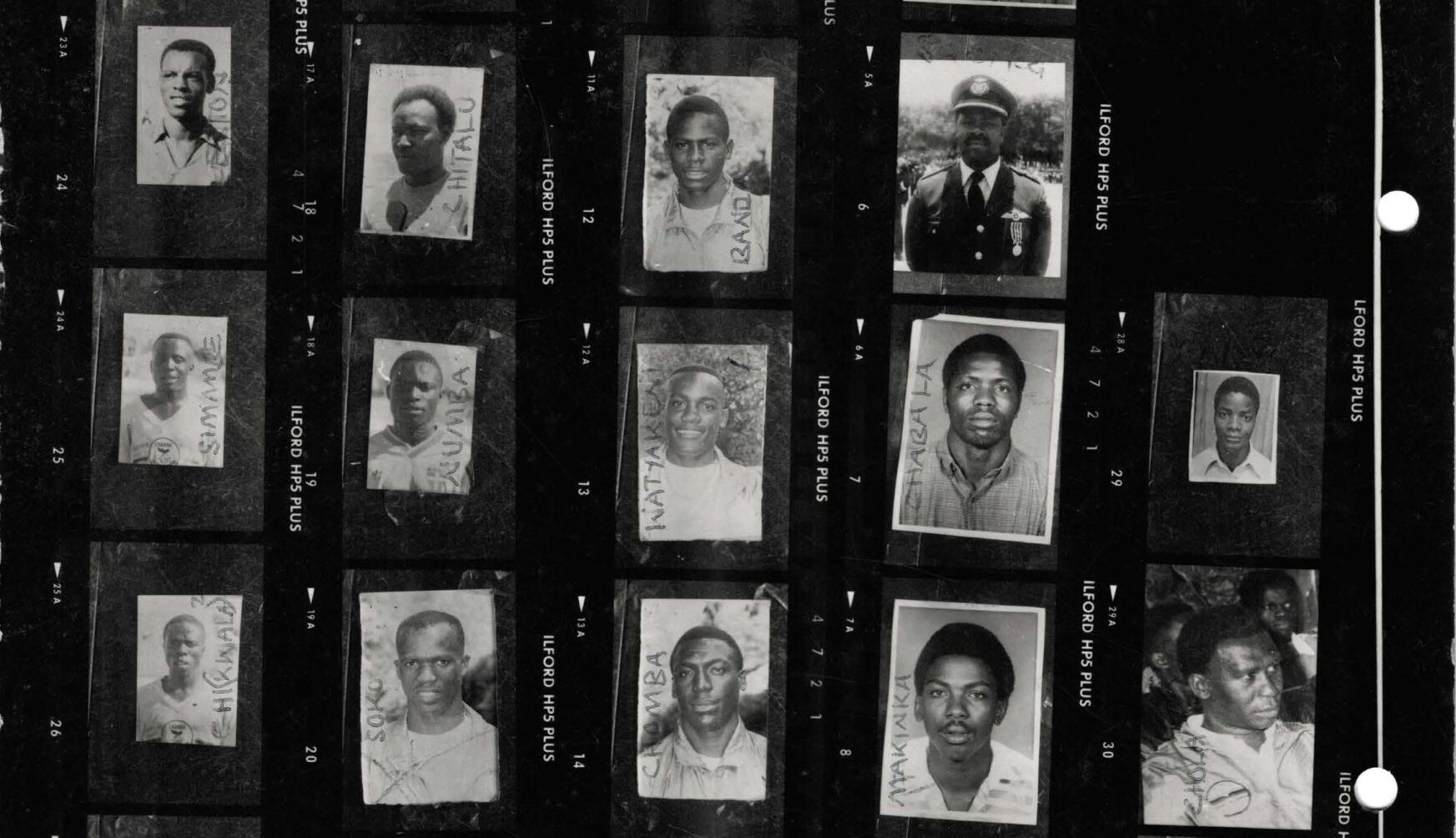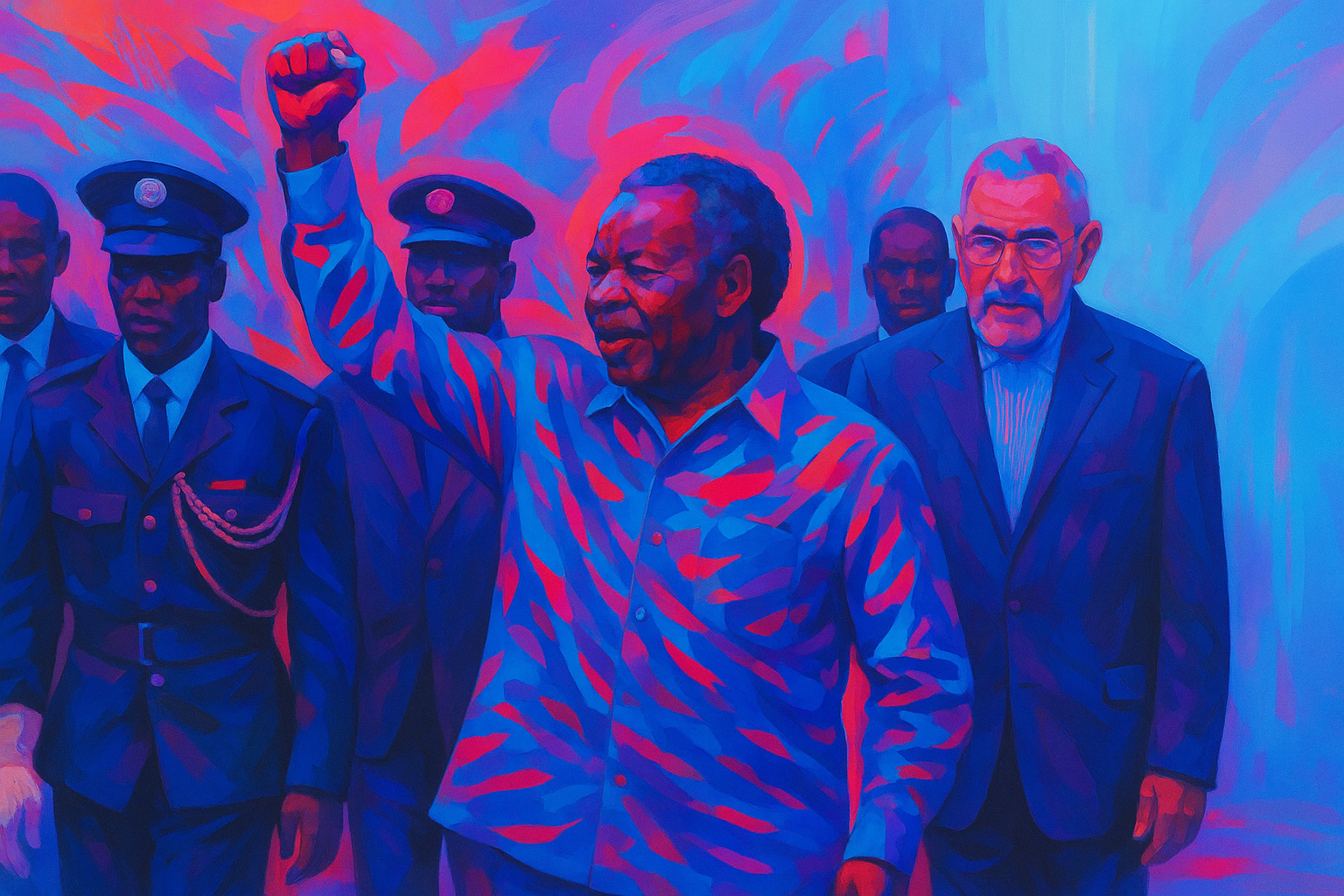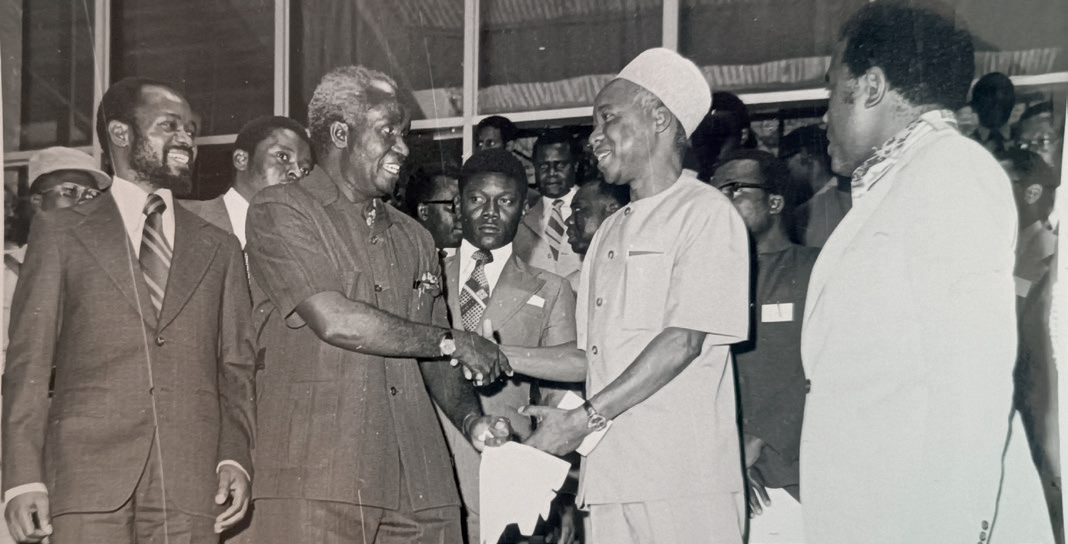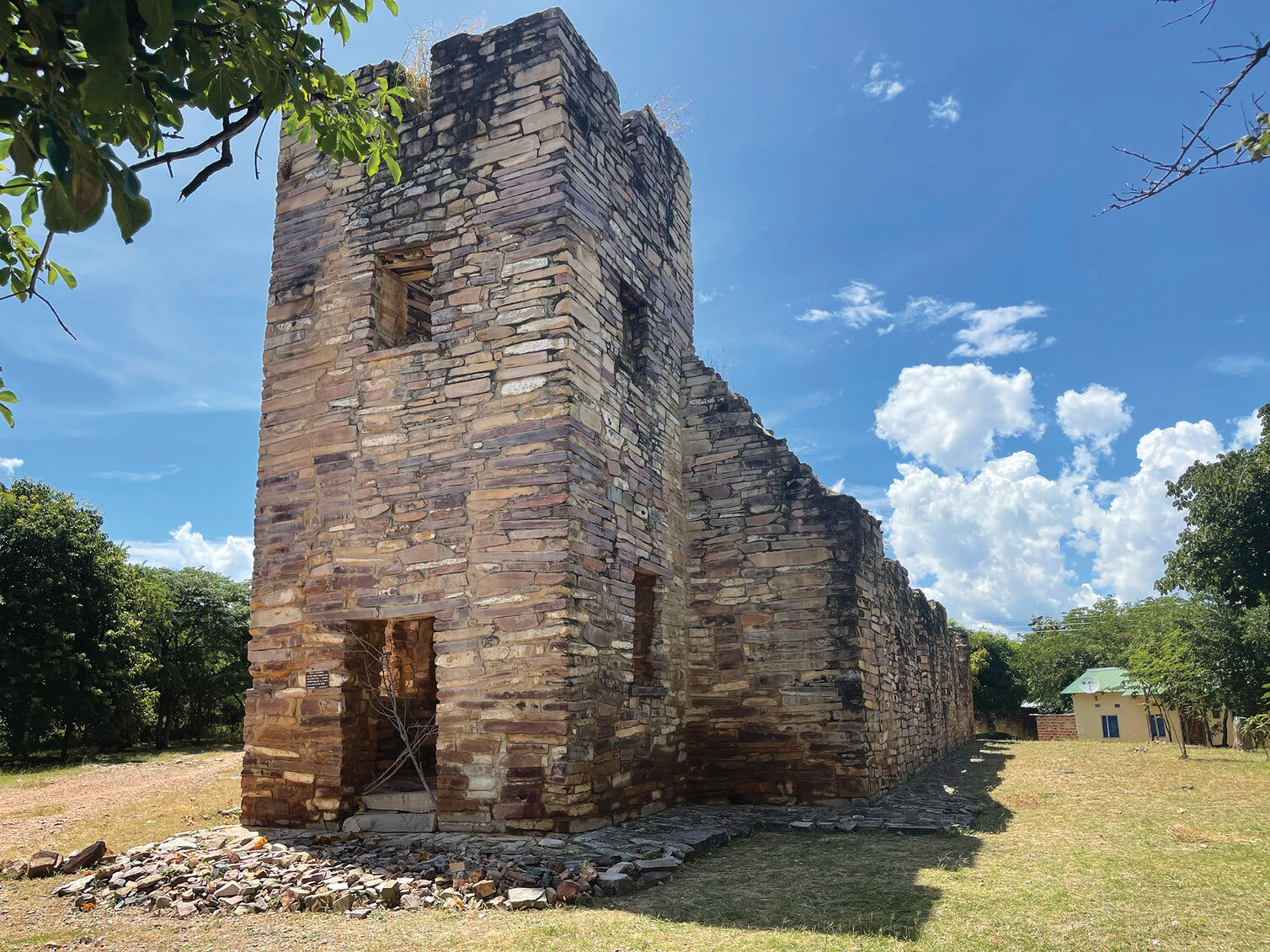As Africa Day nears, it is an ideal time to reflect on Zambia's crucial role in the liberation movements of Southern Africa. Africa Day, also known as Africa Freedom Day, commemorates the founding of the Organisation of African Unity (now the African Union) on 25 May 1963 in Addis Ababa, Ethiopia. Africa Day is also a time to celebrate our freedom, diversity and successes as a continent and to champion cooperation among African nations. (The entire month of May is often referred to as Africa Month, with celebrations held throughout this period.)
After gaining independence from British colonial rule on 24 October 1964, Zambia found itself in a region still dominated by colonialism and white minority rule. Under the leadership of President Kenneth Kaunda and the ruling United National Independence Party (UNIP), Zambia became a haven and strategic hub for liberation movements, embodying the essence of pan-African solidarity.
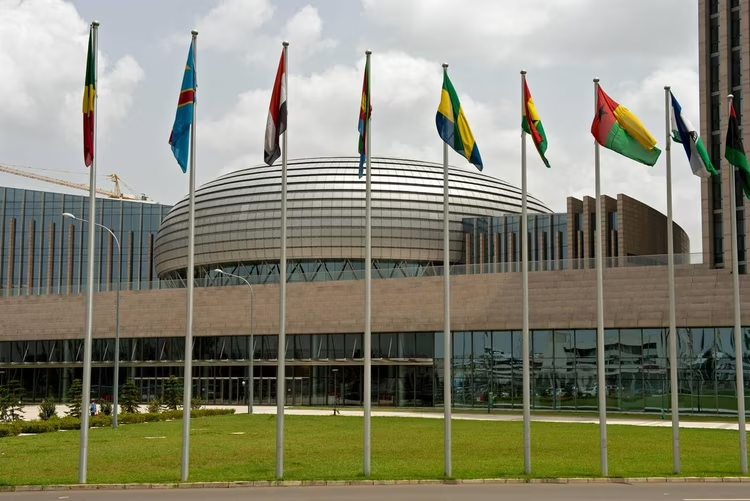
A Haven for Freedom Fighters
Kenneth Kaunda believed that Zambia’s independence was not complete while its neighbours remained under colonial regimes. This belief fuelled Zambia’s unwavering support for liberation movements in countries like Zimbabwe (then Rhodesia), Namibia, Angola, Mozambique, and South Africa. Zambia offered these movements a safe base of operations, enabling them to coordinate activities, train soldiers and gather diplomatic support.
Lusaka, Zambia's capital, hosted the headquarters of several liberation movements, including the African National Congress (ANC) of South African, the Zimbabwe African National Union (ZANU), and the South West Africa People’s Organisation (SWAPO). Additionally, several freedom fighters from Southern Africa, such as Oliver Tambo, Thabo Mbeki and Joshua Nkomo, lived in Lusaka at various times while Lusaka was the headquarters of the ANC in exile.
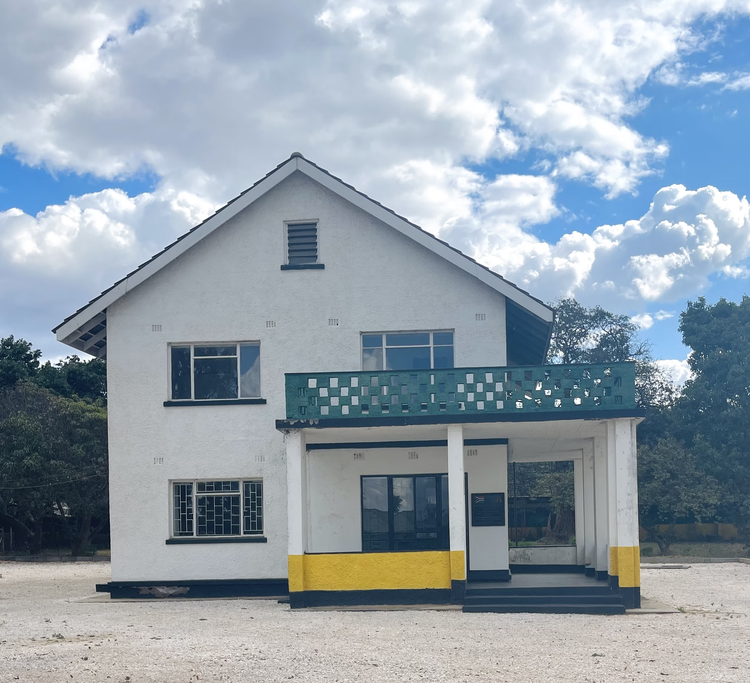
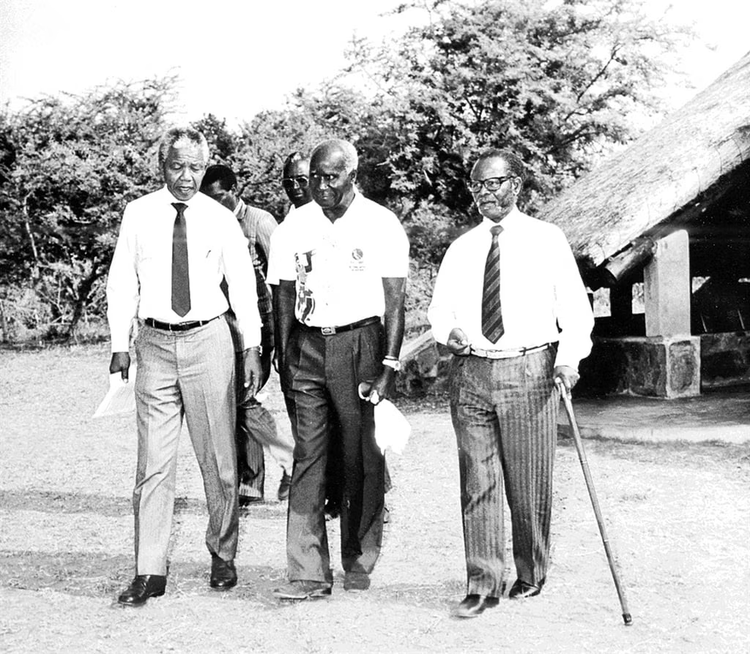
Economic and Social Sacrifices
Zambia's support for liberation movements came at a high cost. The nation's economy suffered due to sabotage by colonial regimes and retaliatory attacks, including raids and bombings, which resulted in the destruction of infrastructure by Rhodesian and apartheid forces. Despite these challenges, Zambia persisted in its support, often at great peril to its stability. The Kariba Dam, a crucial source of electricity, was frequently targeted by Rhodesian raids, and the 1973 closure of the border with Rhodesia led to severe economic hardships, disrupting trade and access to essential goods.
Kaunda and the Zambian people viewed these sacrifices as necessary for the greater cause of regional freedom and equality. Kaunda’s policy of 'humanism' emphasised the importance of shared humanity and collective responsibility, reinforcing Zambia's role as a beacon of support for oppressed peoples.
Diplomatic Leadership
Zambia also played a pivotal role on the diplomatic stage. Kaunda was instrumental in forming the Frontline States, a coalition of African countries dedicated to ending colonialism and minority rule in southern Africa. This group coordinated political, military, and economic strategies to support liberation movements and apply pressure on oppressive regimes.
Under Kaunda's leadership, Zambia was active in the Organisation of African Unity (OAU), advocating for international support for liberation movements and sanctions against apartheid South Africa. Zambia's diplomatic efforts were vital in mobilising global opinion and resources, significantly contributing to the eventual dismantling of apartheid and the independence of countries like Zimbabwe in 1980 and Namibia in 1990.
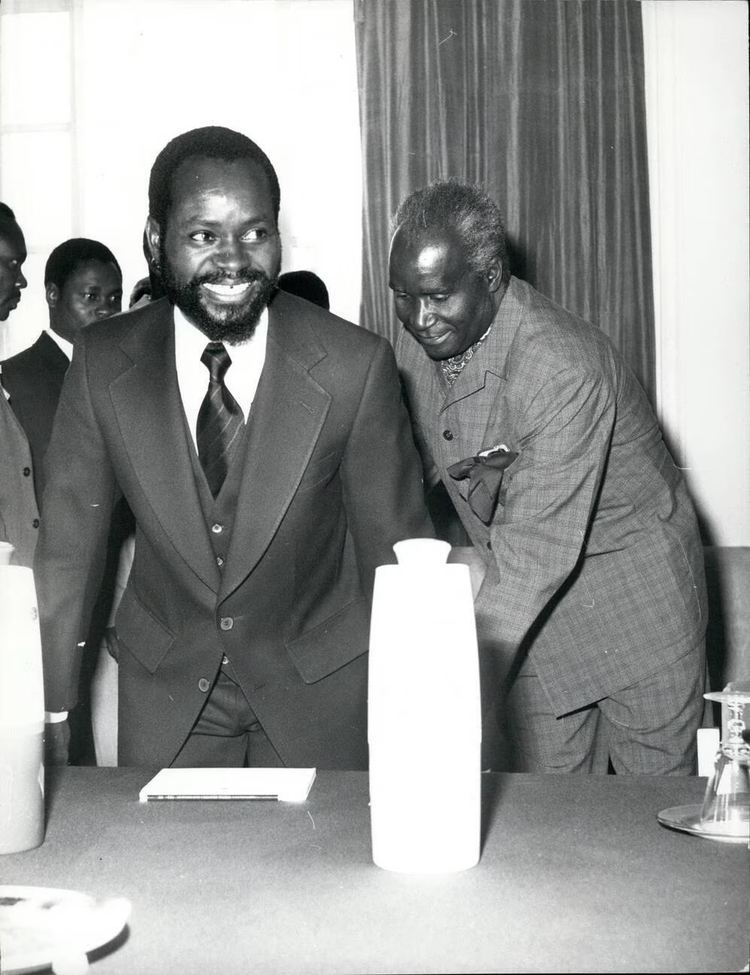
Legacy of Solidarity
Today, Zambia's contributions to the liberation struggles of Southern Africa are remembered as a testament to the country’s unwavering commitment to justice and equality. The sacrifices made by Zambia and its people have left a lasting impact on the region's history, showcasing the profound effects of solidarity and collective action in the face of oppression.
As we celebrate Africa Day, also known as Africa Freedom Day, it is important to honour Zambia's legacy in these liberation movements. This legacy continues to inspire new generations to uphold the values of freedom, unity, and human dignity that guided Zambia’s support for its neighbours' struggles. Through its sacrifices and steadfast commitment, Zambia helped pave the way for a more liberated and united Africa.
